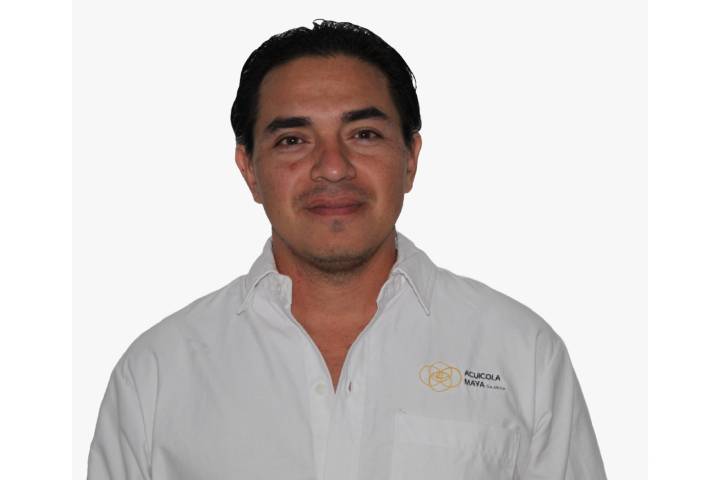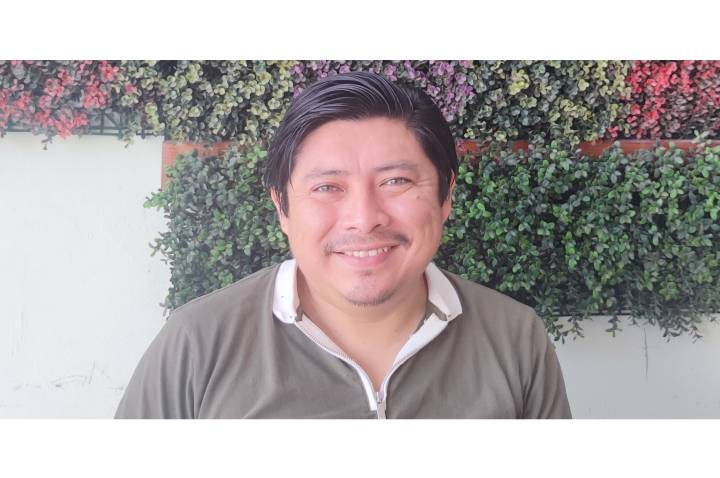ABOUT US
How we started:
The Transforming Higher Education project, a collaborative effort between the American University of Beirut (AUB), the Global Confederation of Higher Education Associations for Agricultural and Life Sciences (GCHERA), EARTH University, and the W.K. Kellogg Foundation, was initiated to address the imperative of educating professionals equipped to meet the challenges of the 21st century as agents of change.
The project endeavors to affect transformative change within selected universities featuring schools or colleges of agriculture, with the overarching goal of preparing graduates to become ethical leaders who serve society, excel as creative problem solvers, and contribute to the well-being of their communities and countries, while positively impacting the environment and fostering peace, understanding, and respect for diversity.
This transformation is pursued through the systematic integration of the Five Key Elements of Success in university education systems:
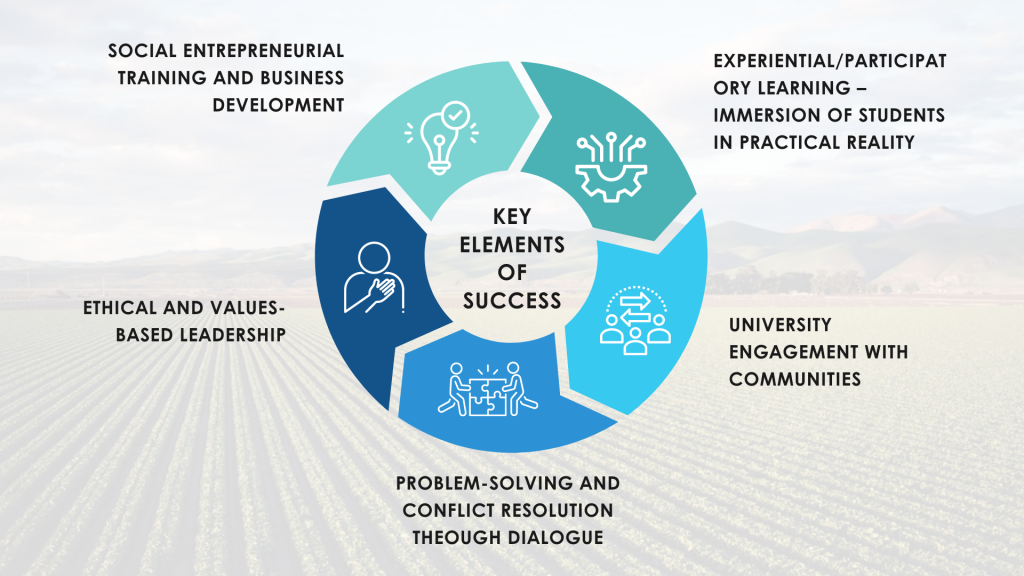
The Transforming Higher Education project, a collaborative effort between the American University of Beirut (AUB), the Global Confederation of Higher Education Associations for Agricultural and Life Sciences (GCHERA), EARTH University, and the W.K. Kellogg Foundation, was initiated to address the imperative of educating professionals equipped to meet the challenges of the 21st century as agents of change.
The project endeavors to affect transformative change within selected universities featuring schools or colleges of agriculture, with the overarching goal of preparing graduates to become ethical leaders who serve society, excel as creative problem solvers, and contribute to the well-being of their communities and countries, while positively impacting the environment and fostering peace, understanding, and respect for diversity.
This transformation is pursued through the systematic integration of the Five Key Elements of Success in university education systems:
Experiential learning, characterized by Kolb’s four-stage cycle, involves engaging in concrete experiences, reflecting, abstract conceptualization, and active experimentation, fostering a comprehensive understanding of complex subjects. This methodology marks a departure from traditional transfer-based education, emphasizing the student’s participation in constructing knowledge. Particularly pertinent in fields like agriculture and rural development, experiential learning integrates theoretical understanding with practical skills, empowering individuals to tackle real-world challenges effectively. By placing students at the forefront, this approach cultivates adaptable learning experiences, equipping learners with the competencies needed for success in dynamic environments.
Universities have a multifaceted role encompassing the dissemination of specialized knowledge, the cultivation of responsible citizenship, and the promotion of innovation through research, all while enhancing community welfare. These aspects of teaching-learning, research, and community engagement are intertwined, with both faculty and students playing vital roles. Through experiential learning and research, students initiate university involvement with communities, preparing them to identify societal needs, analyze global challenges critically, and commit to positive change. Developing ethical leadership qualities such as dialogue, collaboration, humility, and empathy is essential for driving societal transformation, a process that can be facilitated through community engagement. Defined by the Carnegie Foundation, community engagement fosters collaborative knowledge exchange, emphasizing reciprocity between universities and their communities, where both parties contribute to shared goals and outcomes.
Problems and conflicts are inherent in human endeavors, serving as catalysts for societal and personal development by reflecting dissatisfaction with perceived realities and driving the pursuit of improvement. While a problem-free world may seem ideal, it would hinder progress, as discontent with the status quo motivates change. Perception shapes reality interpretation, complicating problem-solving, especially in interpersonal conflicts where diverse perceptions interact. Dialogue emerges as a vital tool, fostering understanding and resolution through active listening, empathy, and exploring varied perspectives. Value-based dialogue promotes constructive engagement, challenging individuals to defend their positions while respecting others’ viewpoints, thus fostering sincerity and apology when necessary. Facilitators create conducive environments for open dialogue, addressing emotions and emphasizing sincerity as a foundation for conflict resolution. By embracing dialogue, individuals navigate conflicts effectively, fostering personal and societal growth through enhanced understanding and value reaffirmation.
Ethical and value-based leadership is rooted in the understanding that ethics, defined as the study of good and evil and their influence on human behavior, profoundly shape individual conduct and leadership effectiveness. In today’s societal landscape, characterized by concerns over corruption and the need for transparency and inclusivity, leadership guided by values becomes increasingly vital. This style of leadership fosters trust, optimism, and motivation necessary for steering society towards a brighter future. It acknowledges that values cannot simply be transmitted passively but require active engagement and commitment from leaders. Therefore, educators play a crucial role in instilling values through both their knowledge and personal example.
Entrepreneurial education plays a pivotal role in shaping youth for the workforce and fostering active citizenship by instilling competencies vital for societal contribution. Through this education, students acquire forward-thinking skills, goal-setting abilities, and a profound understanding of the ramifications of their actions, empowering them to inject new businesses into the economy and stimulate job creation and innovation. The collaborative nature of entrepreneurial education not only cultivates critical thinking and problem-solving skills but also promotes respect, tolerance, and conflict resolution, dismantling societal barriers.
For the pilot universities (Technological Institute of Conkal, Technological Institute of Higher Education of Hopelchén, Technological Institute of Higher Education of Calkiní, Quisqueya University and the American University of Beirut) successful implementation of these elements is expected to empower students to apply theoretical knowledge to real world situations, collaborate with communities, initiate entrepreneurial projects, and establish connections that contribute positively to societal progress. In the previous phase, the project has actively advocated for transformative change, sharing the innovations and experiences of the pilot universities and others through the GCHERA global network, and supporting similar transformation initiatives in Latina America, Asia, and Africa
The second phase of the project:
The second phase of the project aims to continue revolutionizing agriculture education through the transformation of educational systems in Mexico, Haiti, and Lebanon.
The objective is to consolidate transformative change at the four pilot universities, initiate the transformation of the Faculty of Agricultural and Food Science at AUB, and evaluate the impact of the university transformation at the pilot universities, including the change in culture among students and faculty at the universities, and the impacts on the graduates, and the rural communities due to the transformation of the educational models of these universities. The pilot universities are committed to introducing the five elements of success to transform their educational models to address the needs of society for a relevant education as a fundamental instrument for the advancement of both societies and individuals.
This phase began on August 1, 2023, and will continue through July 31, 2025.
The project facilitators at the pilot universities
The pilot universities are committed to introducing the five elements of success to transform their educational models to address the needs of society for a relevant education as a fundamental instrument for the advancement of both societies and individuals.
OUR TEAM
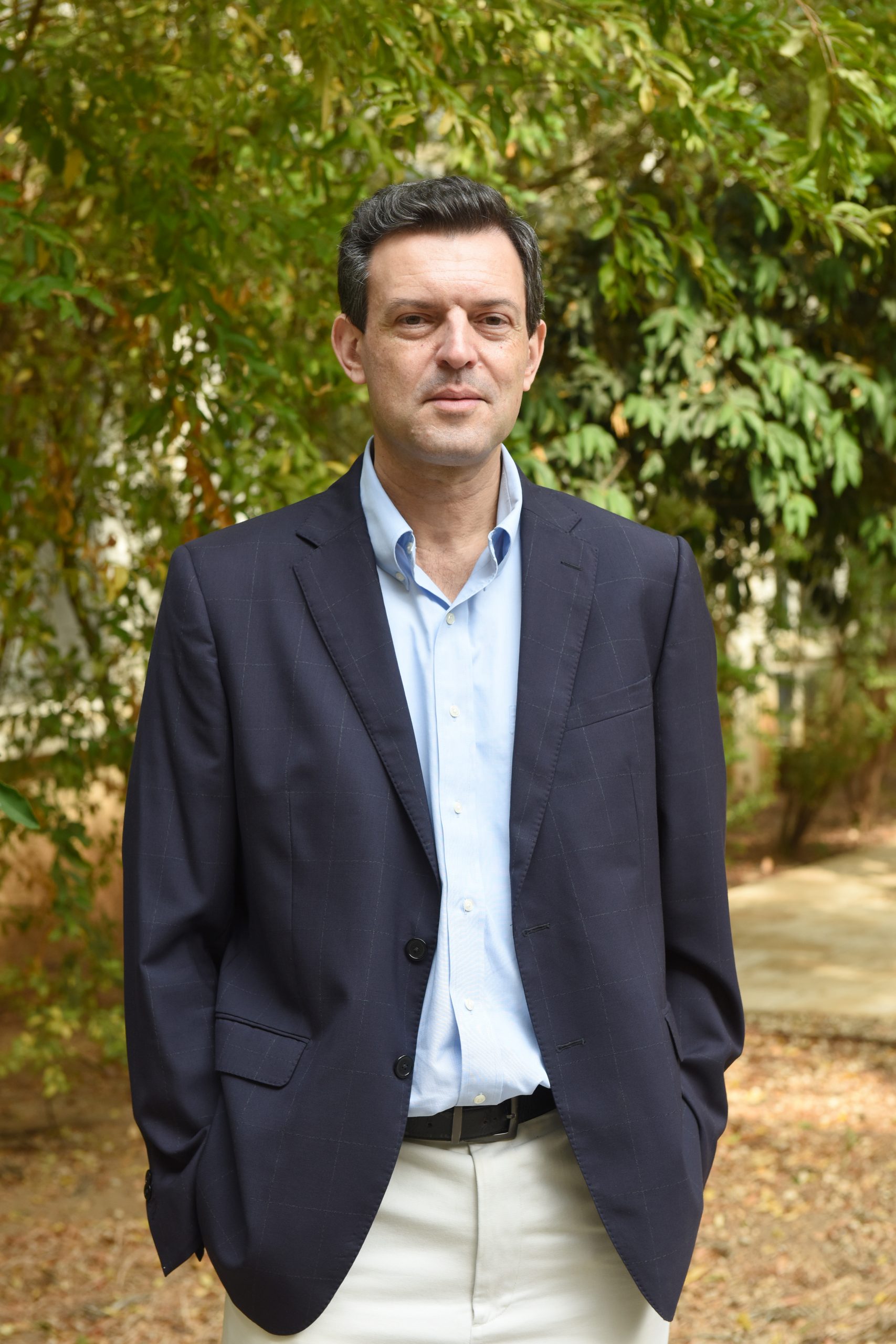
Interim Dean of the Faculty of Agricultural and Food Sciences, AUB

Faculty of Agricultural and Food Sciences, AUB
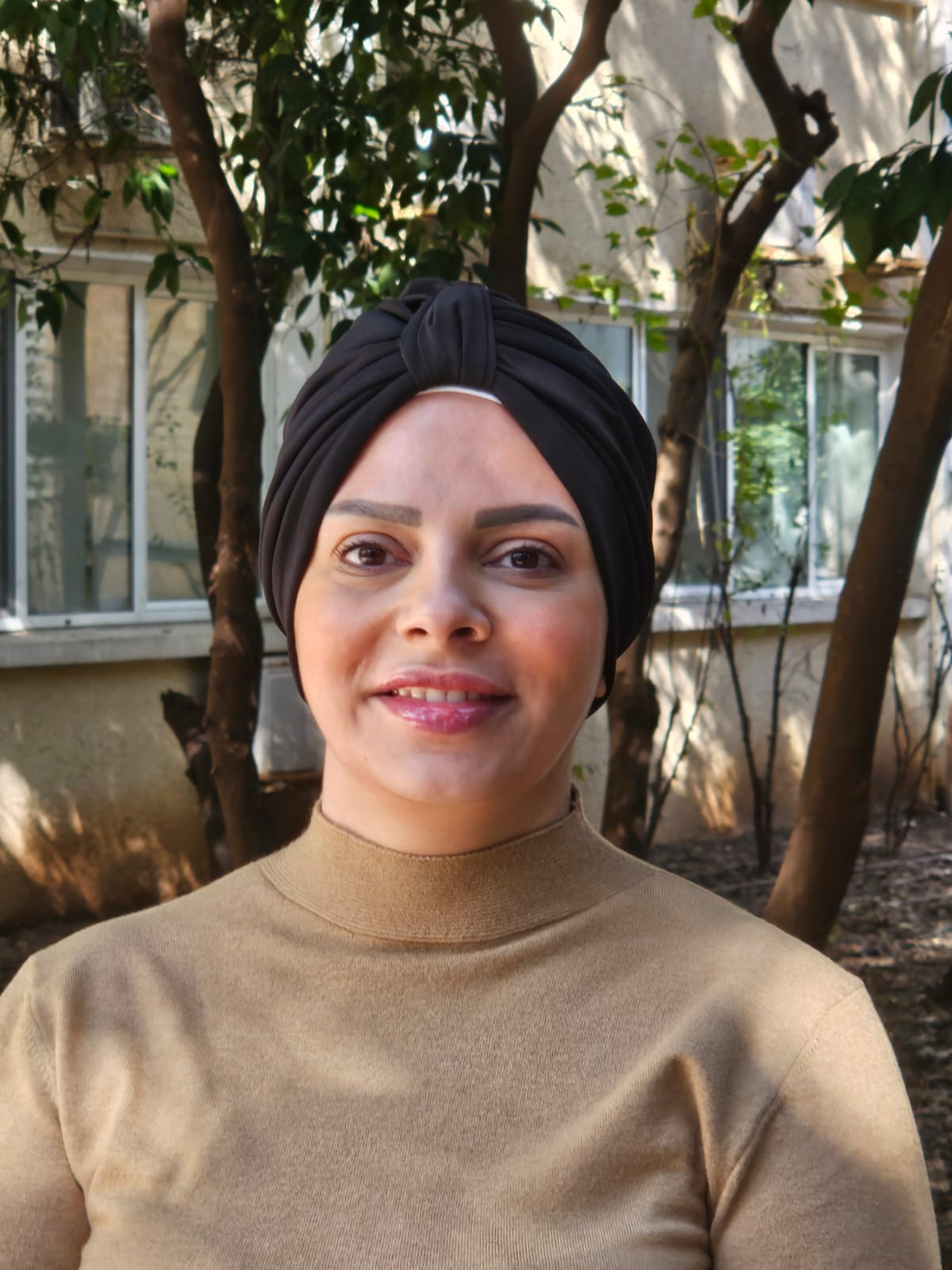
Faculty of Agricultural and Food Sciences, AUB
The Project Advisory Board
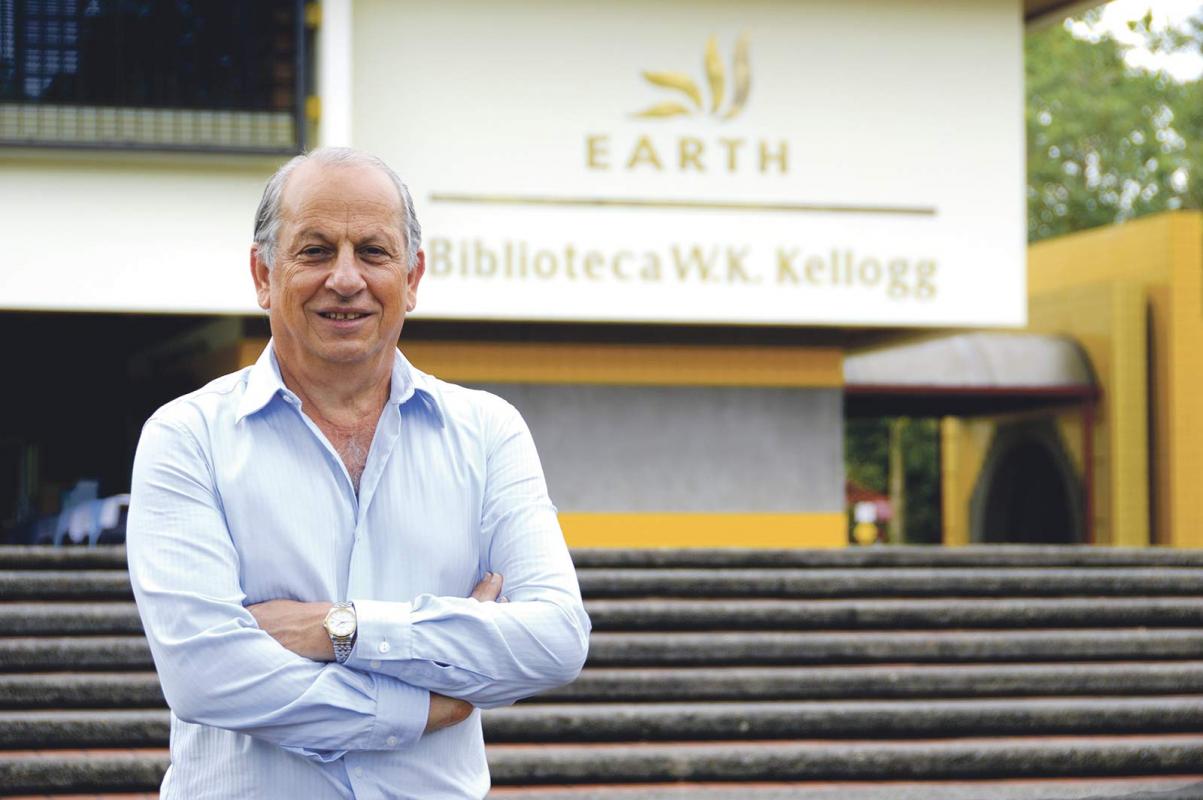
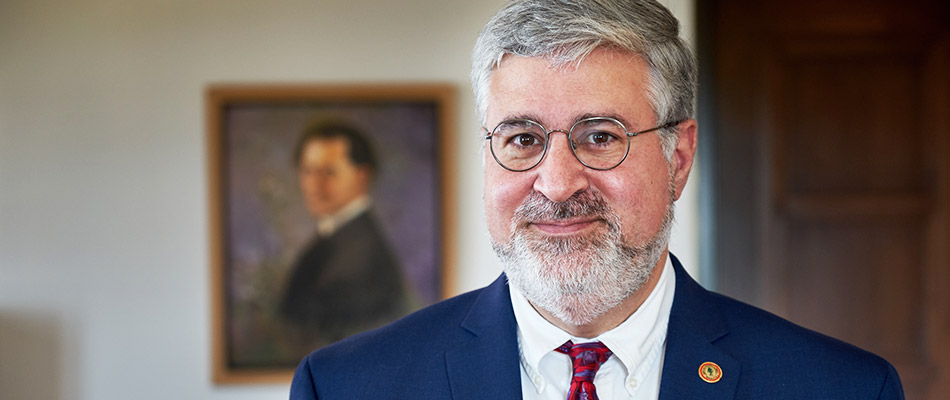

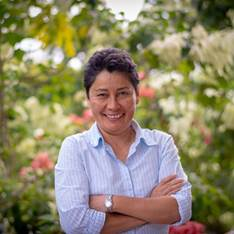
OUR PARTNERS
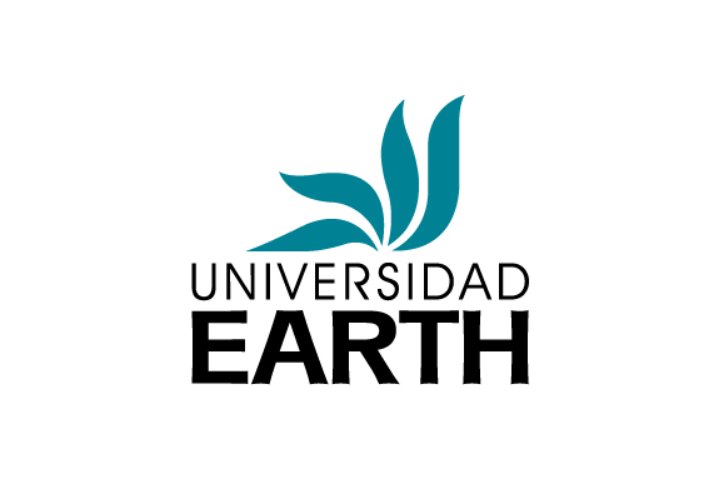
EARTH University is a private, non-profit, international university which offers an innovative educational approach to prepare young people from Latin America, the Caribbean, Africa and other regions to contribute to the sustainable development of their home communities while building a prosperous and just global society. EARTH offers a world-class scientific and technological education emphasizing ethical entrepreneurship and strong socio-environmental commitment.

GCHERA (Global Confederation of Higher Education Associations for Agricultural and Life Sciences), is a global consortium of 16 higher education associations encompassing a diverse network of over 900 universities dedicated to collaboratively addressing global food and sustainability issues.
It is a critical partner whose robust network of organizations and institutions offers innovative and successful cases of modern pedagogy and educational models to be shared among its members and the pilot universities. At the same time, many of its members recognize the importance of introducing innovative changes for the benefit of their graduates, communities, and countries.
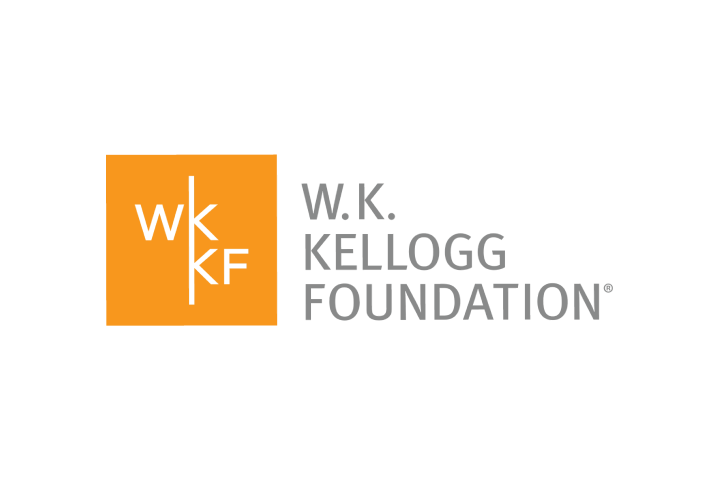
The W.K. Kellogg Foundation is among the largest philanthropic foundations in the United States. Guided by the belief that all children should have an equal chance to thrive, WKKF works with communities to create conditions that help vulnerable children reach their full potential in school, work, and life.
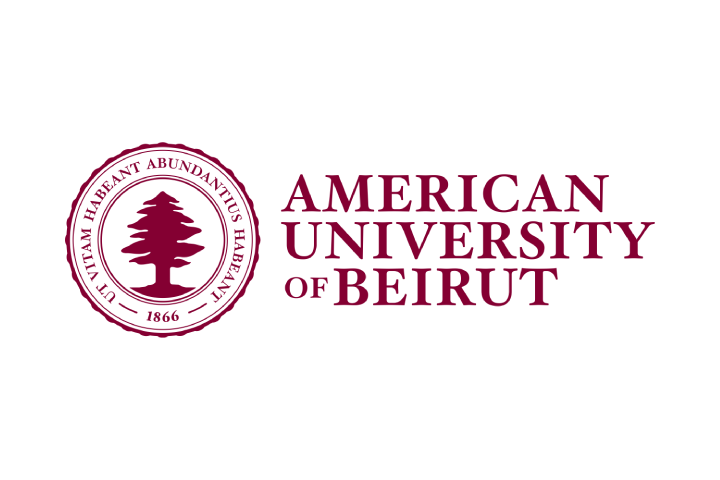
The American University of Beirut is a private, non-sectarian, and independent university chartered in New York with campus in Beirut, Lebanon. AUB is governed by a private, autonomous Board of Trustees and offers programs leading to bachelor’s, master’s, MD and PhD degrees. It addresses issues such as citizenship, policymaking, climate change, civil society, entrepreneurship, innovation, and sustainable development to provide its students with the knowledge, skills, and ethical foundation to become successful leaders and agents of change locally, nationally and globally.
AUB leads the project and demonstrates the principles of university transformation at its own campus by implementing priority elements of success across the university.
Contact us:
Do you want to know more about the transformative power universities have to change the world and create graduates adapted to our society? Feel free to write us at transform.edu@aub.edu.lb



